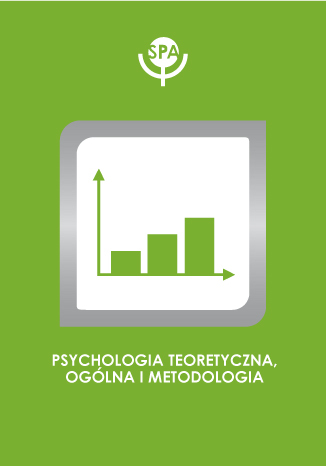Kształcenie w zakresie podstawowych umiejetności diagnozowania
Kategorie: Biznes i ekonomia, Dla dzieci, Edukacja, Informatyka, Inne, Języki obce, Literatura, Nauki społeczne, Poradniki, Prawo, Przewodniki i podróże, Psychologia
 Kształcenie w zakresie podstawowych umiejetności diagnozowania
Kształcenie w zakresie podstawowych umiejetności diagnozowania Autor: Anna Słysz
Cena: 5.00 zł
Data wydania:
Liczba stron:5
Oprawa:
Format eBook:
Artykuł zawiera propozycję zajęć dydaktycznych mających na celu kształtowanie podstawowych umiejętności diagnozowania (rozmowa, obserwacja, techniki testowe, integracja danych diagnostycznych). W tym procesie kształcenia można wyróżnić trzy zasadnicze etapy: 1) przygotowanie studentów do zadania diagnostycznego, 2) etap samodzielnej pracy nad problemem diagnostycznym, 3) ocena efektów kształcenia. Prezentując poszczególne etapy autorka wskazuje, w jaki sposób są realizowane przyjęte założenia dotyczące metodyki nauczania: założenie o refleksyjności uczenia się i nauczania, założenie o skoncentrowaniu na studencie oraz założenie o uczeniu się przez działanie. Realizacja tych założeń pozwala maksymalizować efekty kształcenia.
The purpose of this article is to present the form of classes focused on basic psychological assessment skills (psychological interview, observation, tests, data integration). Proposed educational process can be divided into three stages: 1) preparing students for their assessment task, 2) individual work: conducting a diagnostic problem, 3) evaluation of educational effects. Describing every stage of the process, the author presents the realization of methodological assumptions: reflective teaching and learning, student-oriented learning and learning in action. Fulfilling these assumptions allows to maximize educational effects.
The purpose of this article is to present the form of classes focused on basic psychological assessment skills (psychological interview, observation, tests, data integration). Proposed educational process can be divided into three stages: 1) preparing students for their assessment task, 2) individual work: conducting a diagnostic problem, 3) evaluation of educational effects. Describing every stage of the process, the author presents the realization of methodological assumptions: reflective teaching and learning, student-oriented learning and learning in action. Fulfilling these assumptions allows to maximize educational effects.
